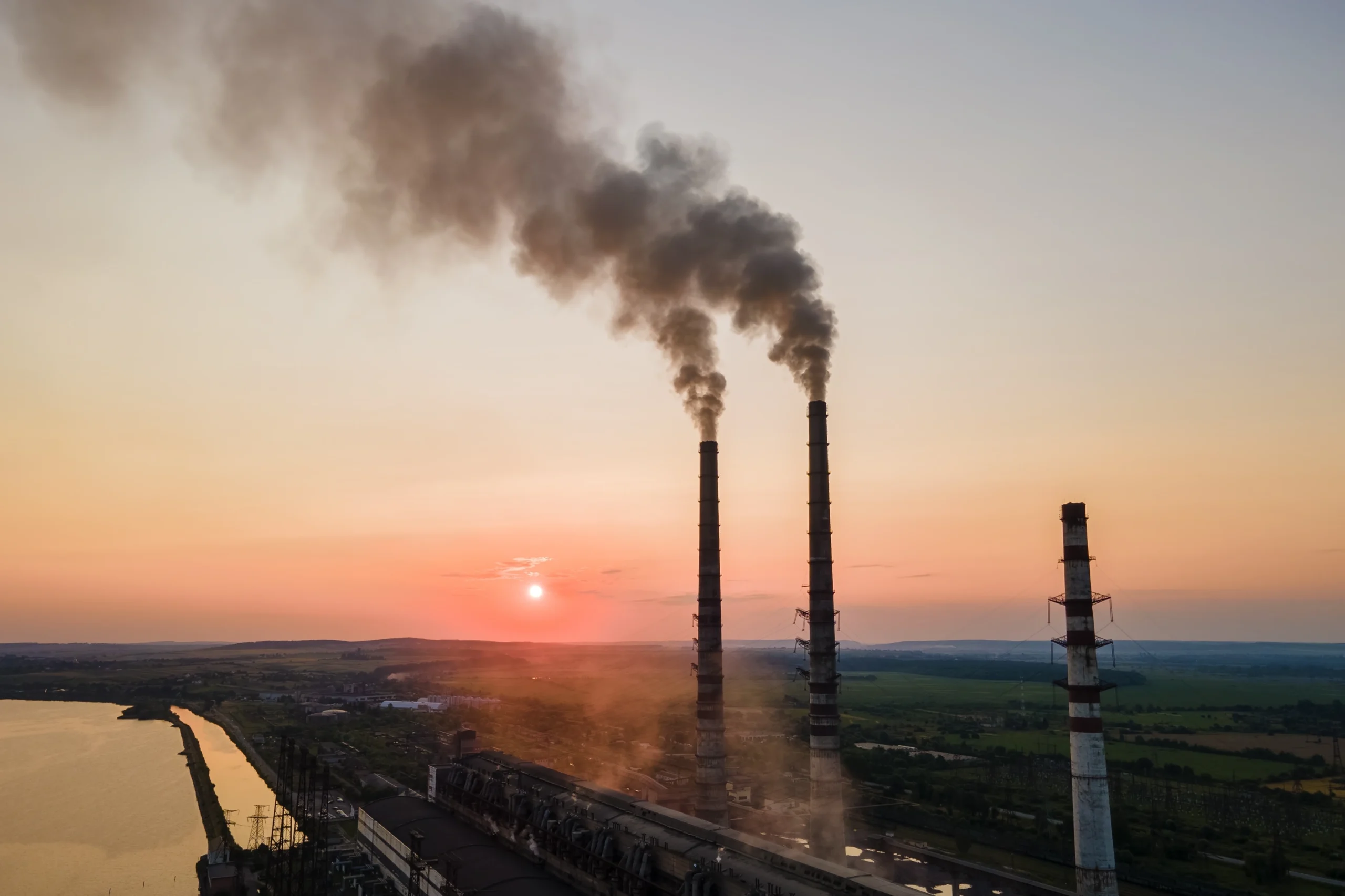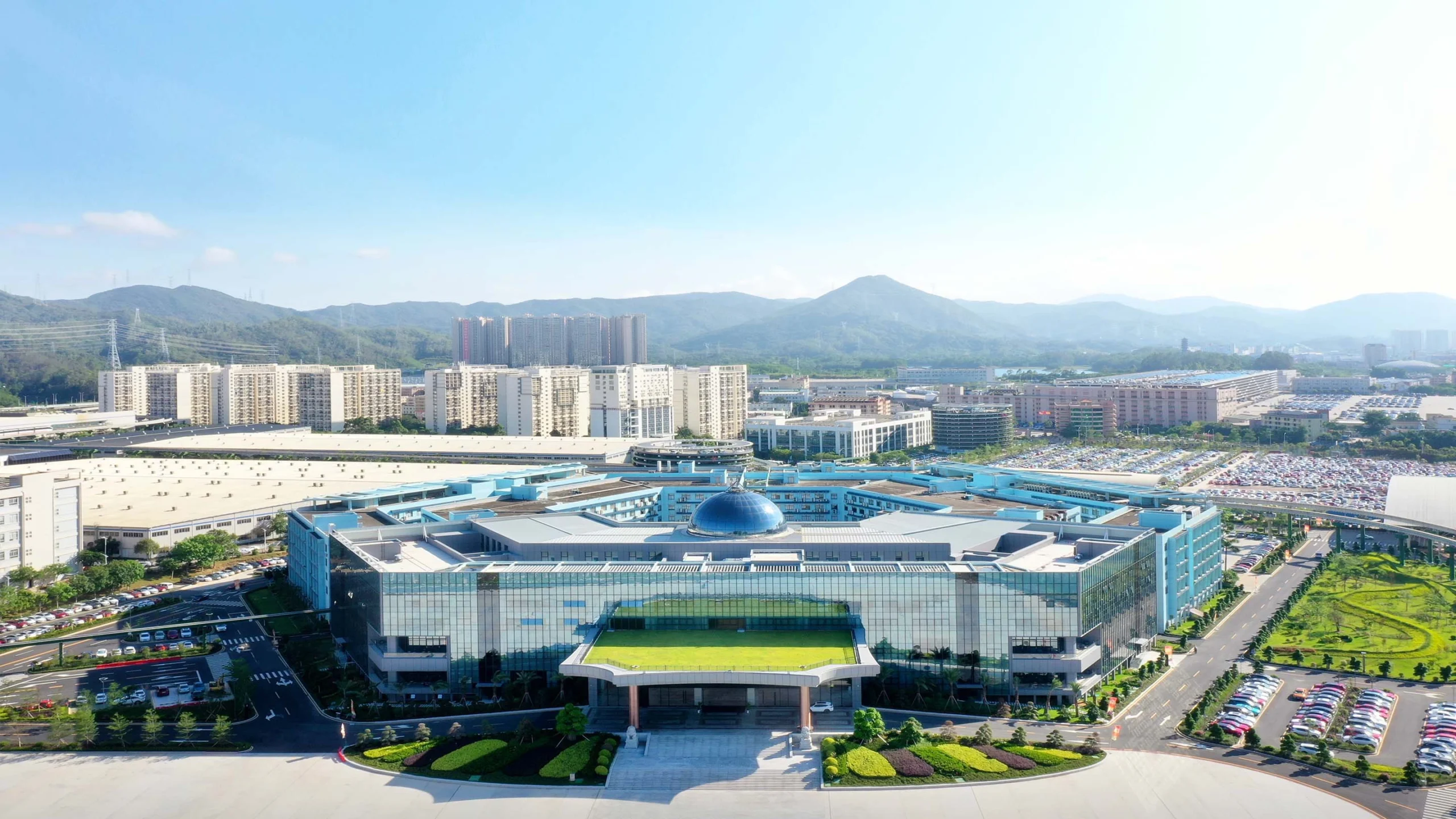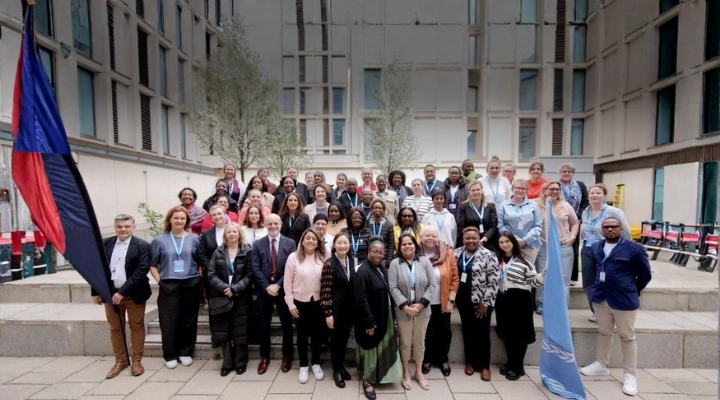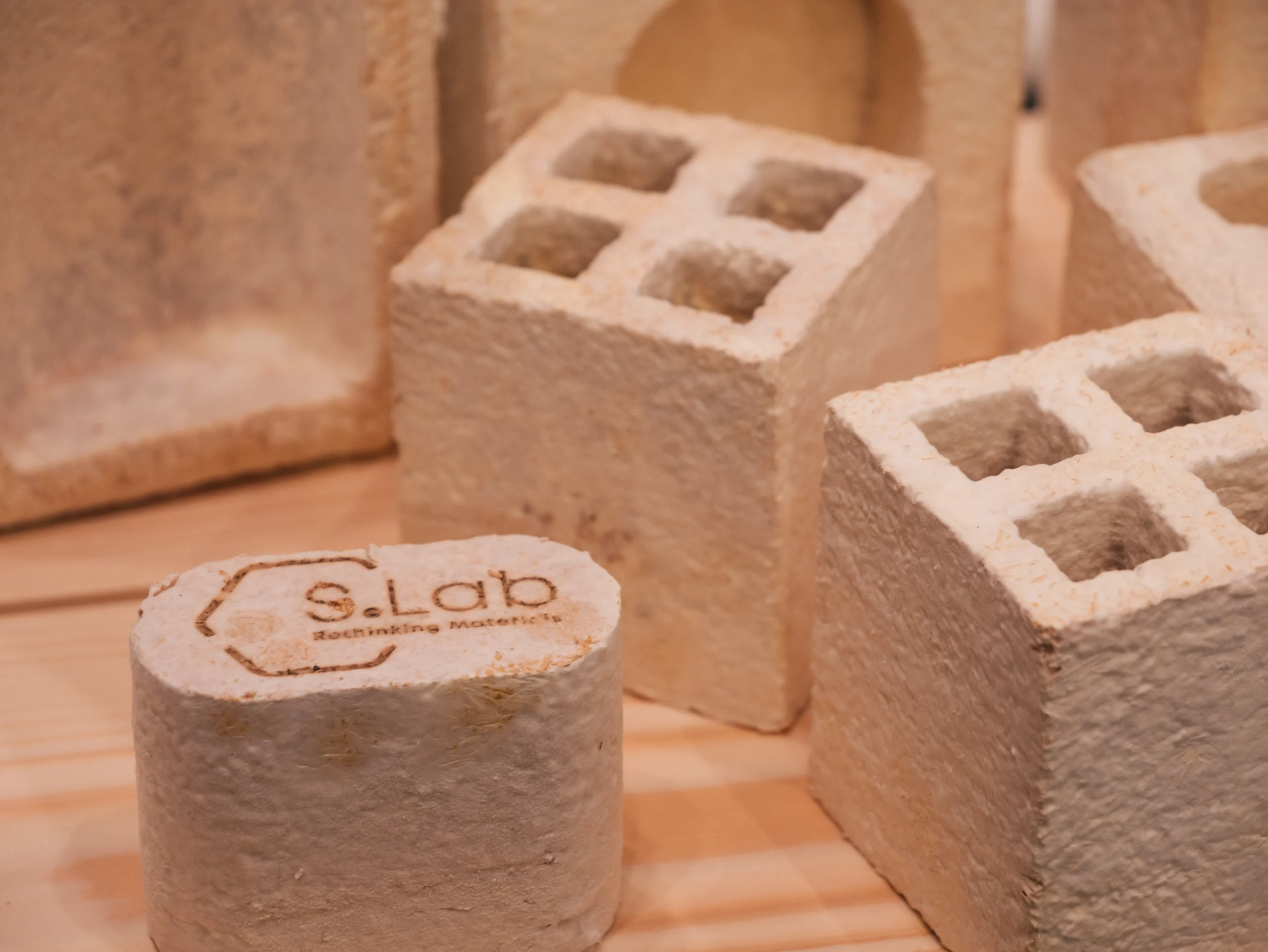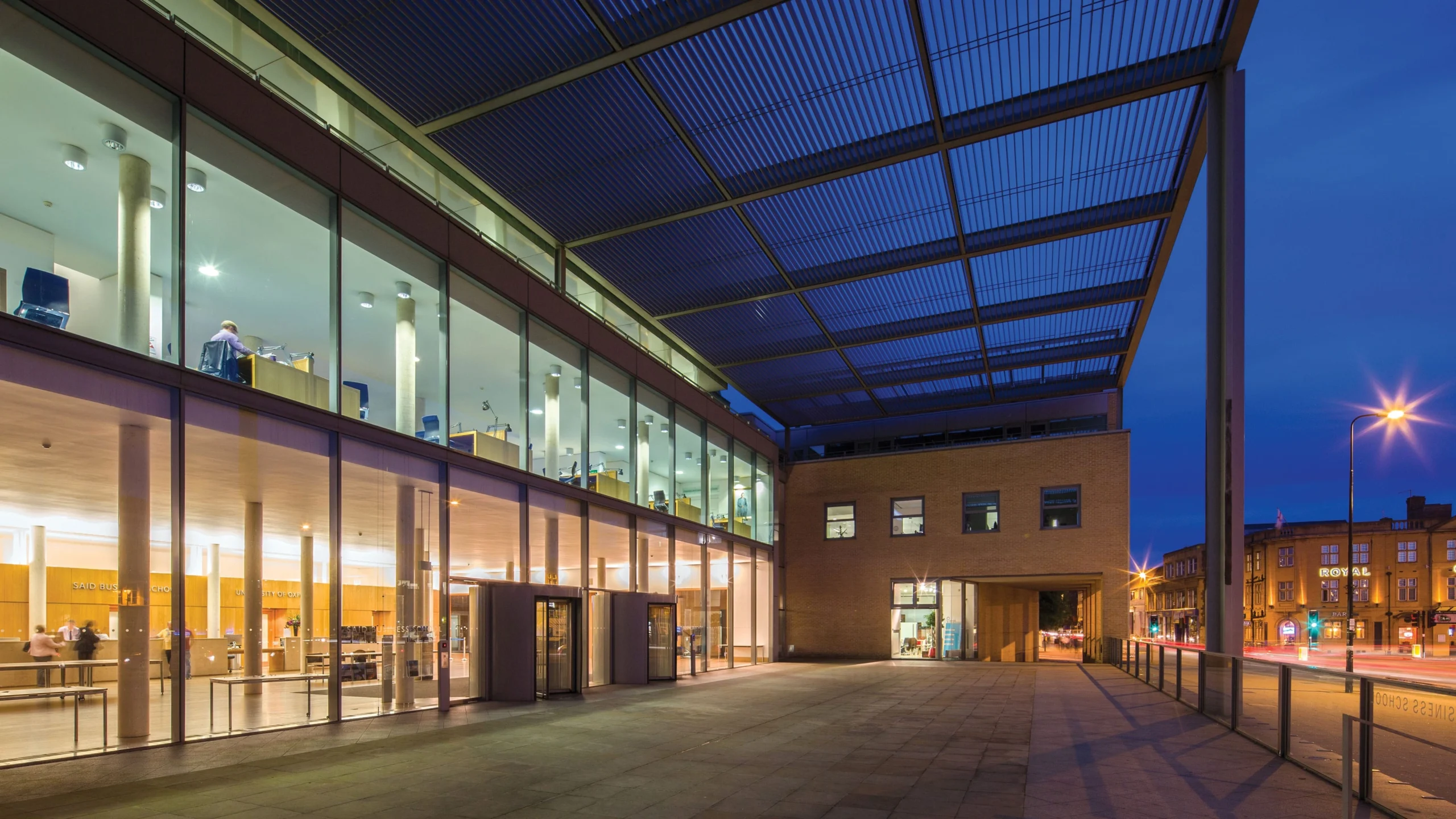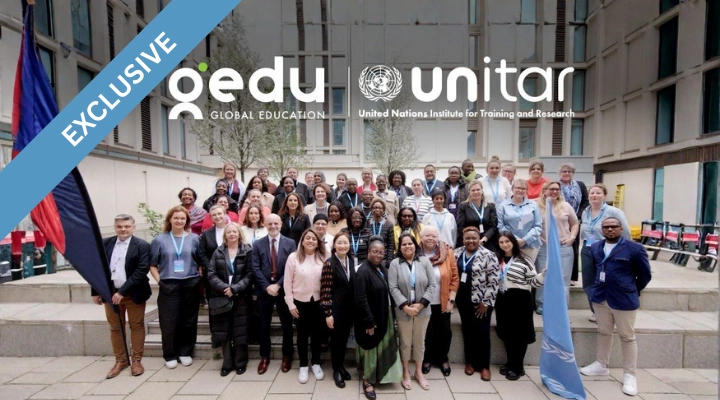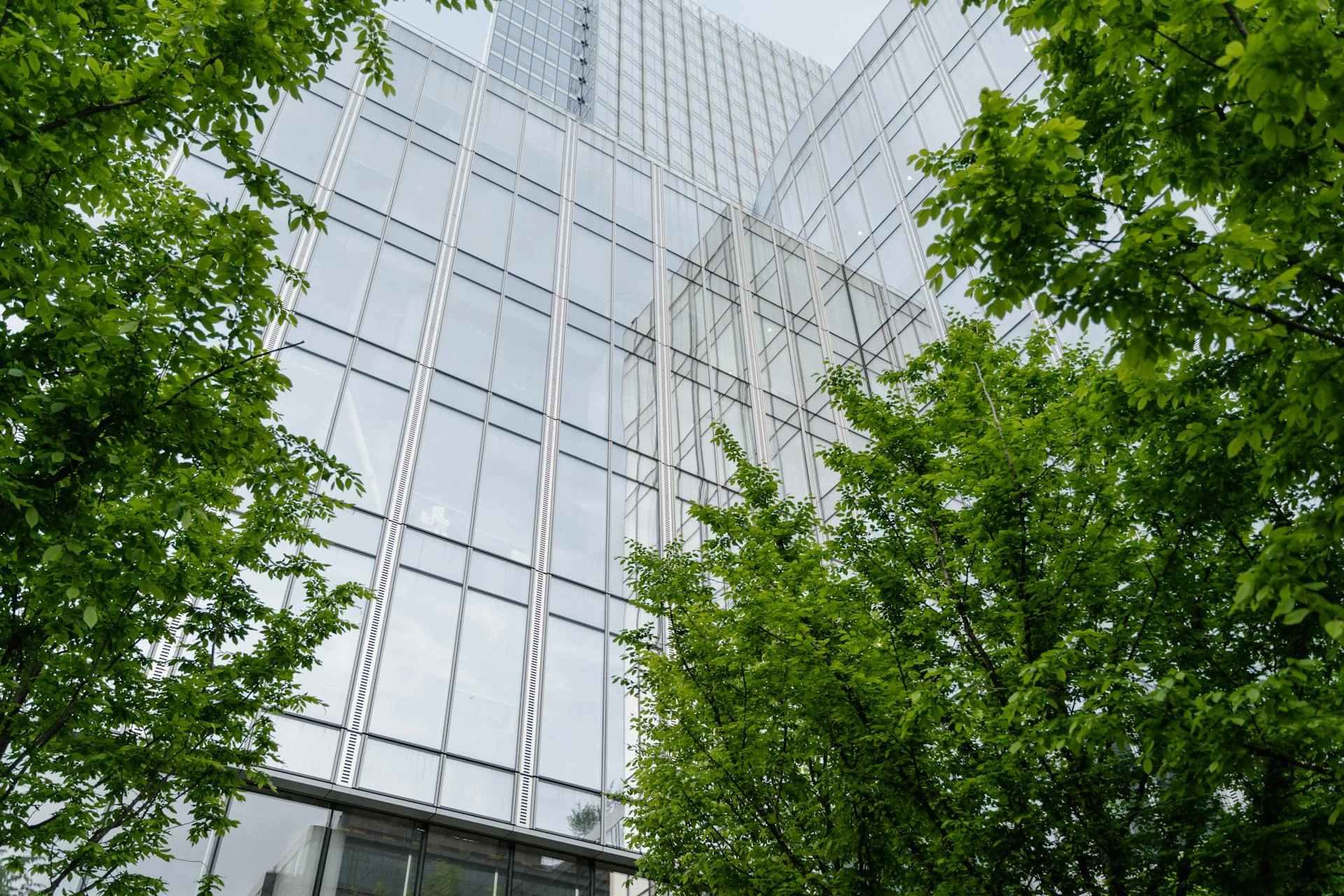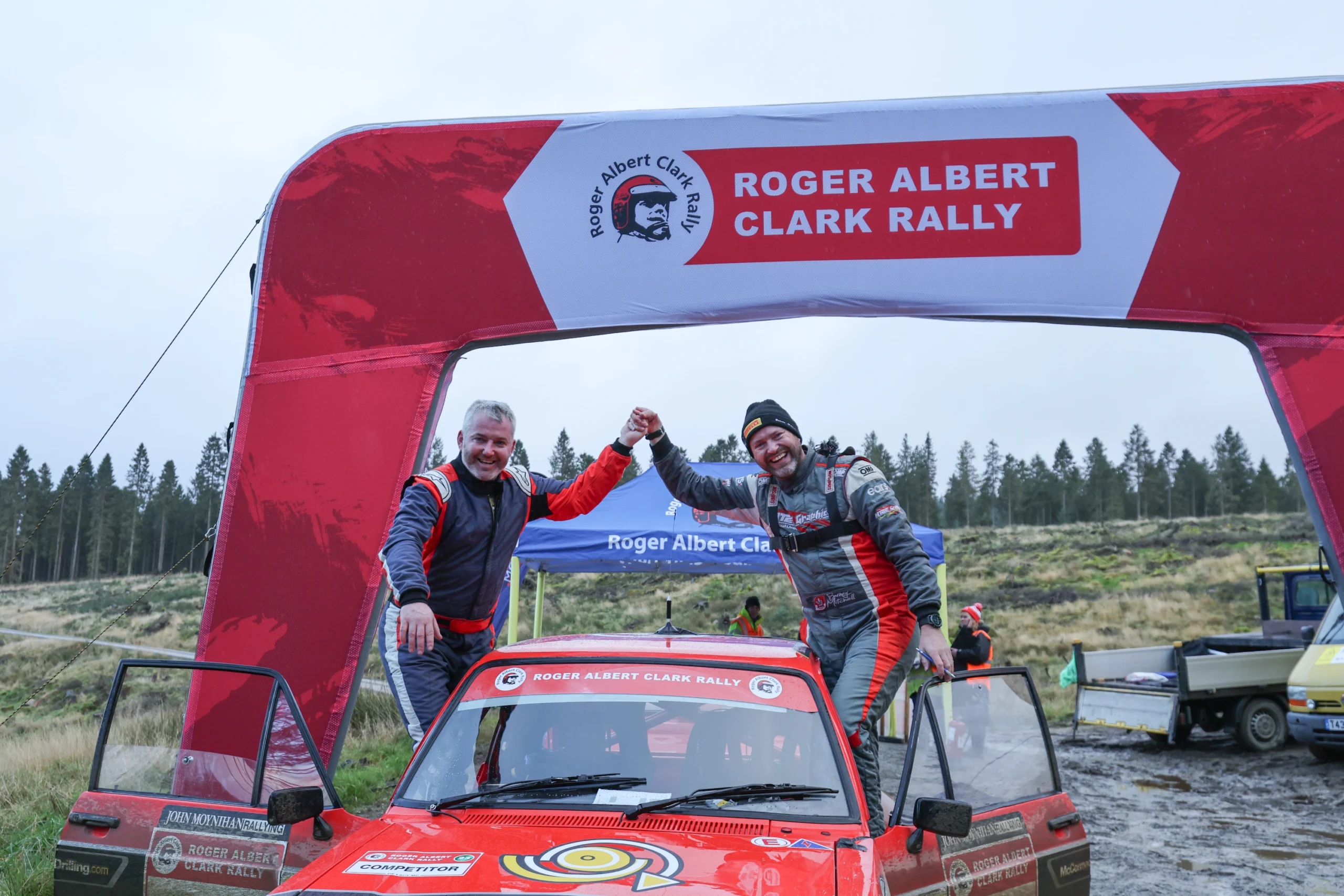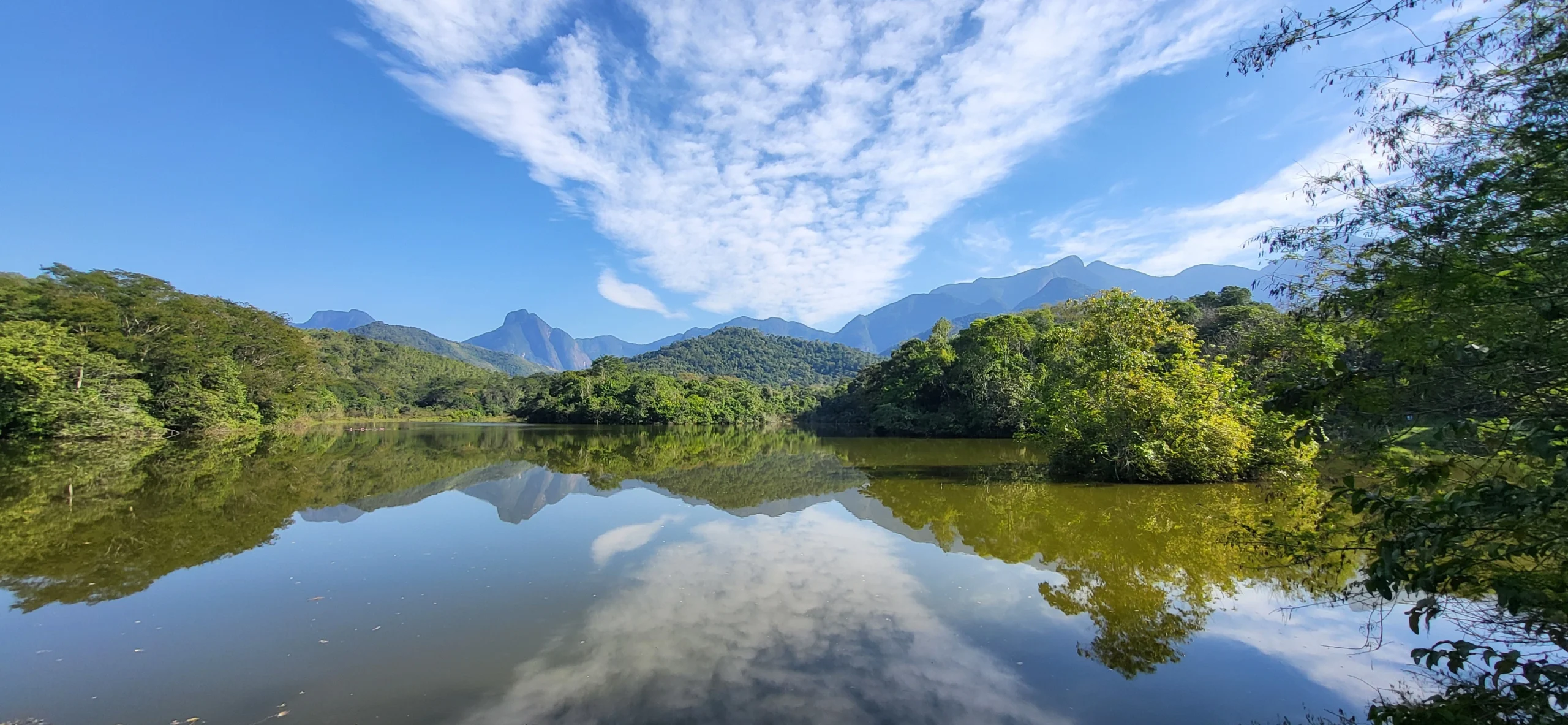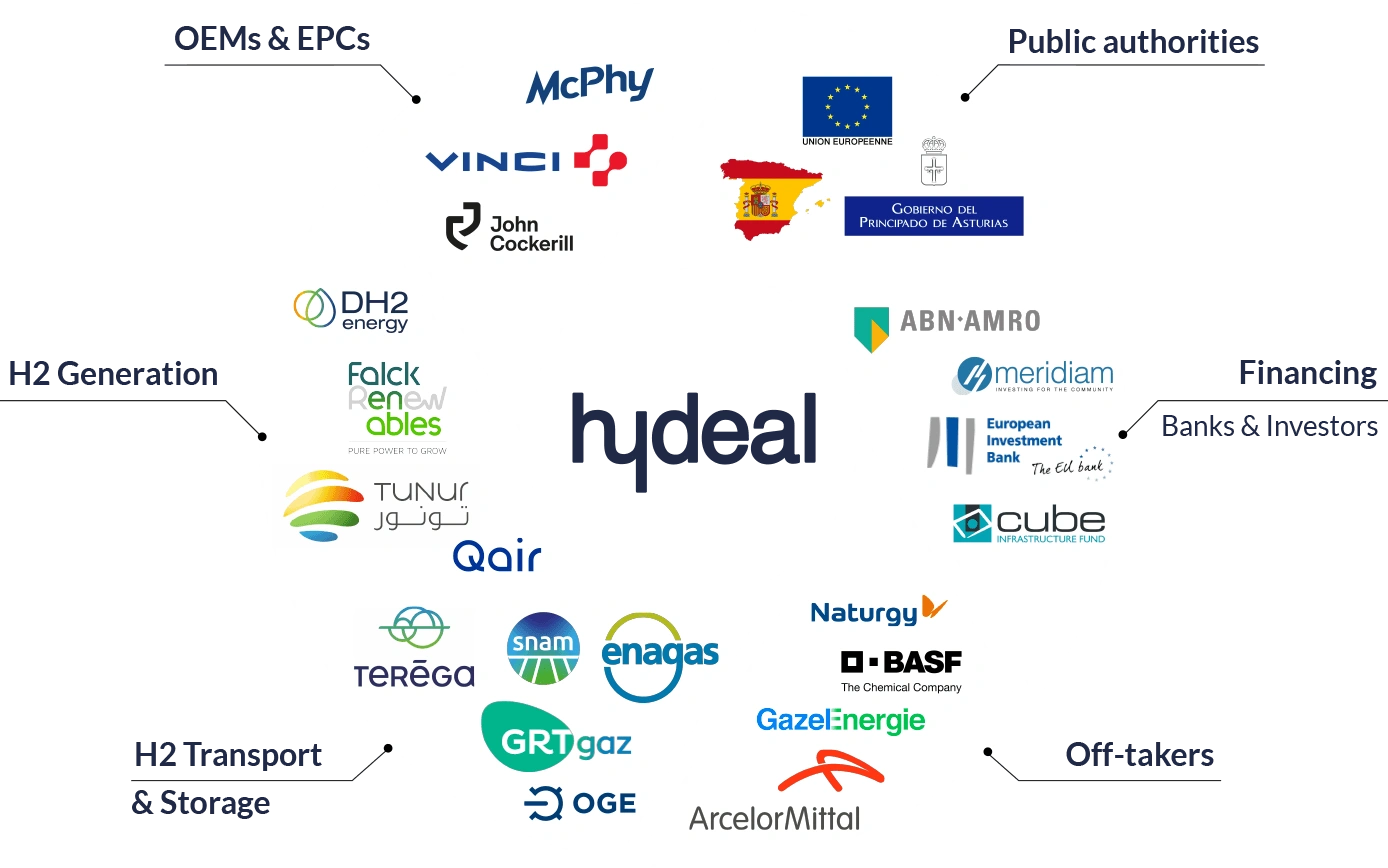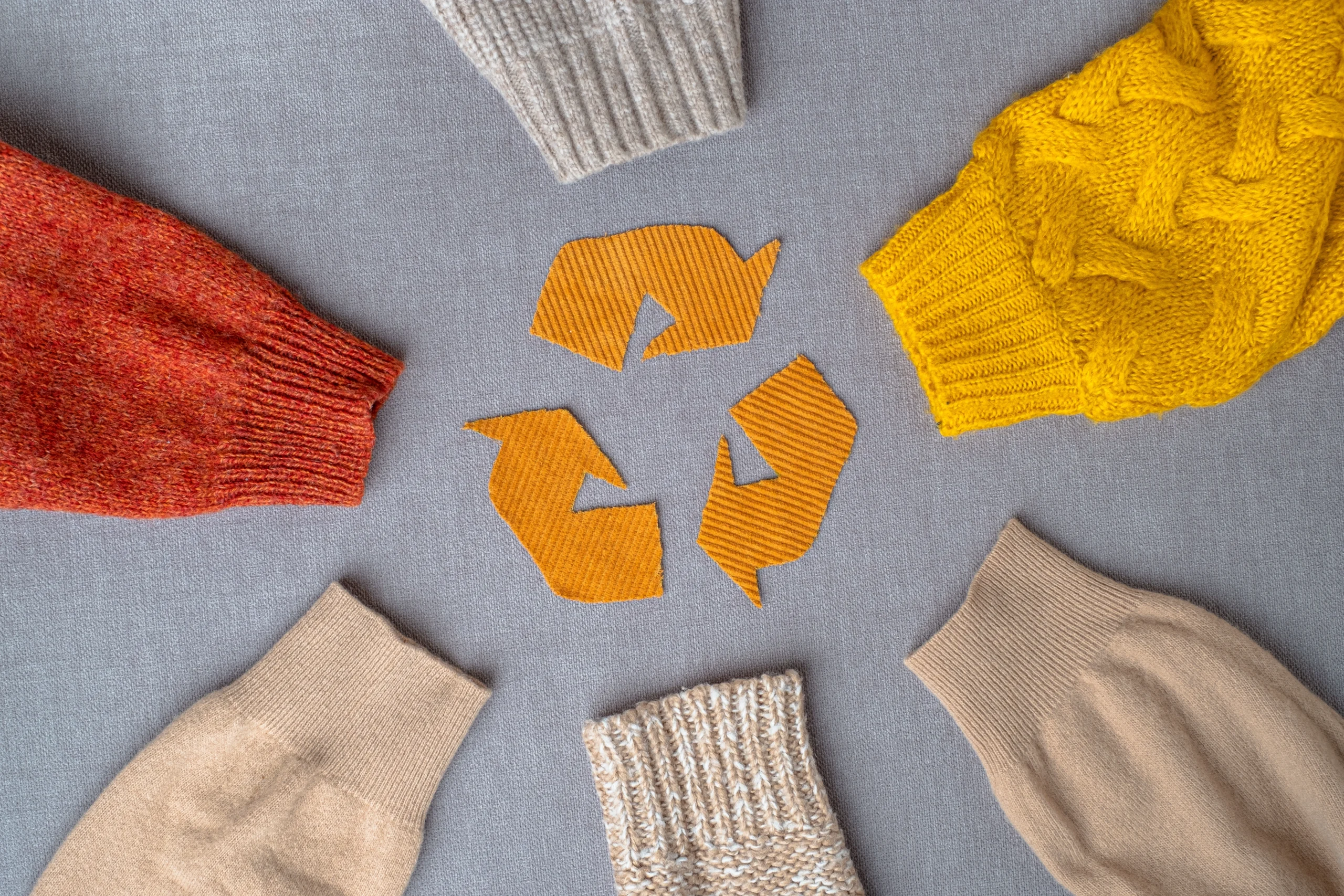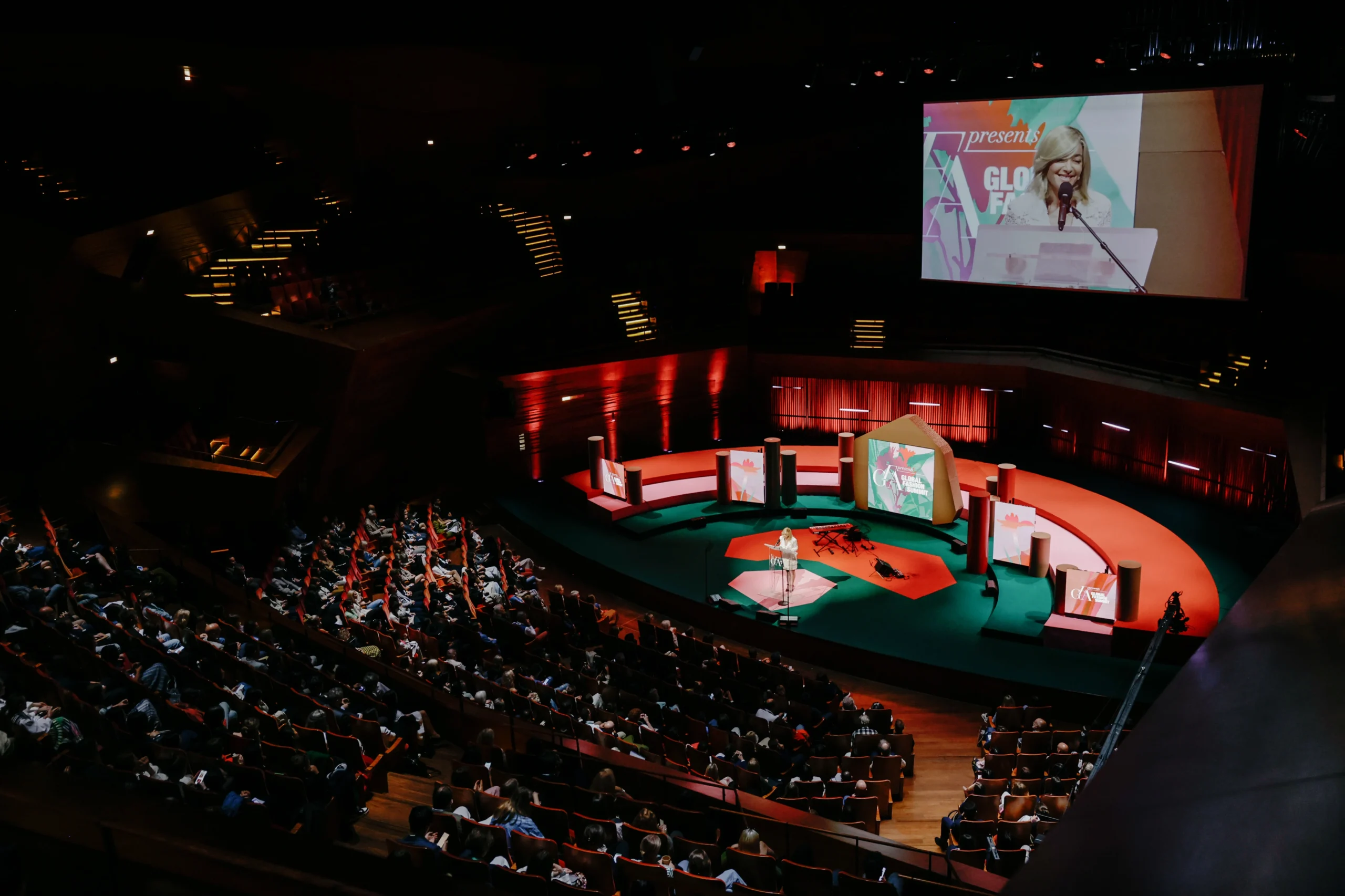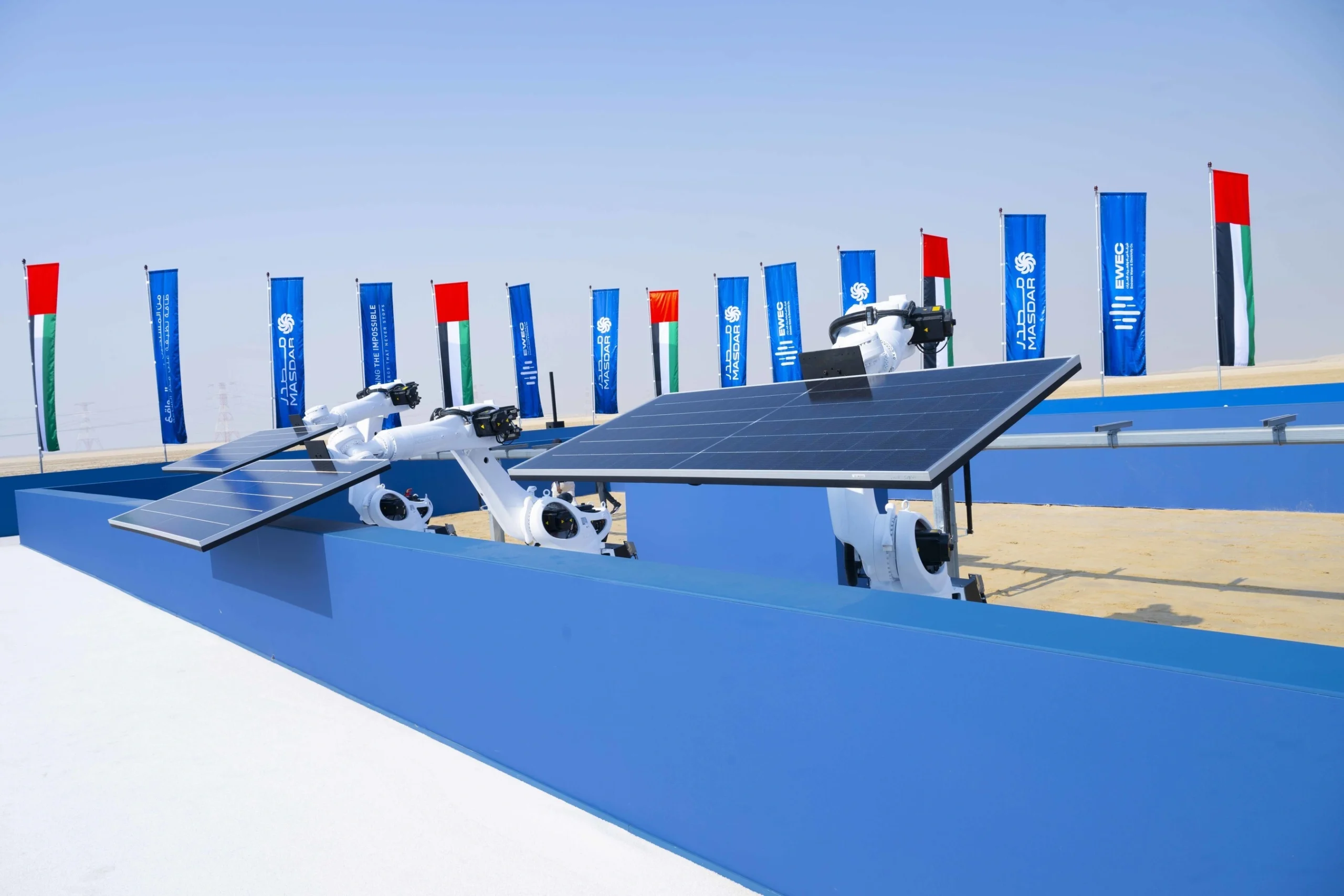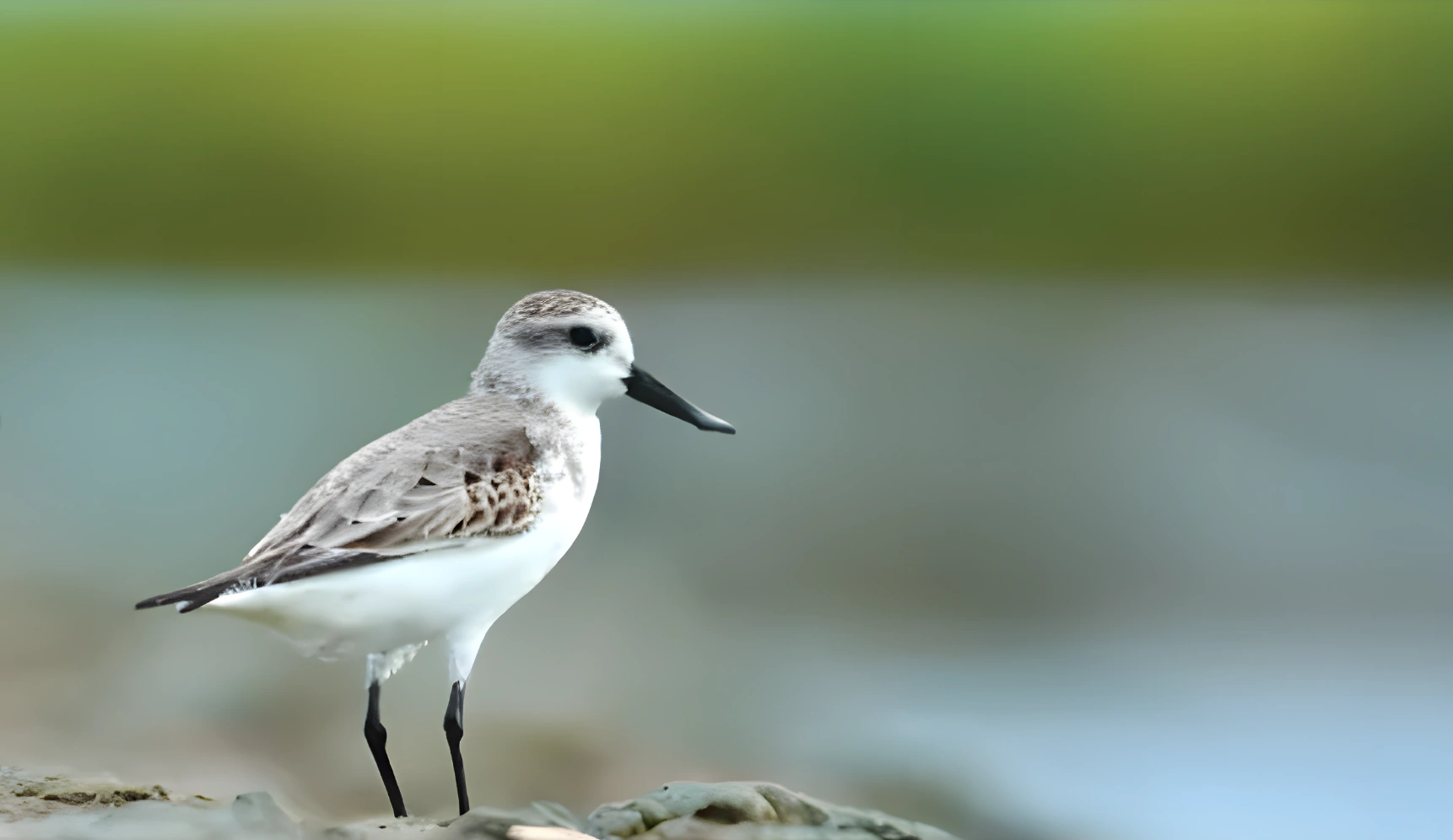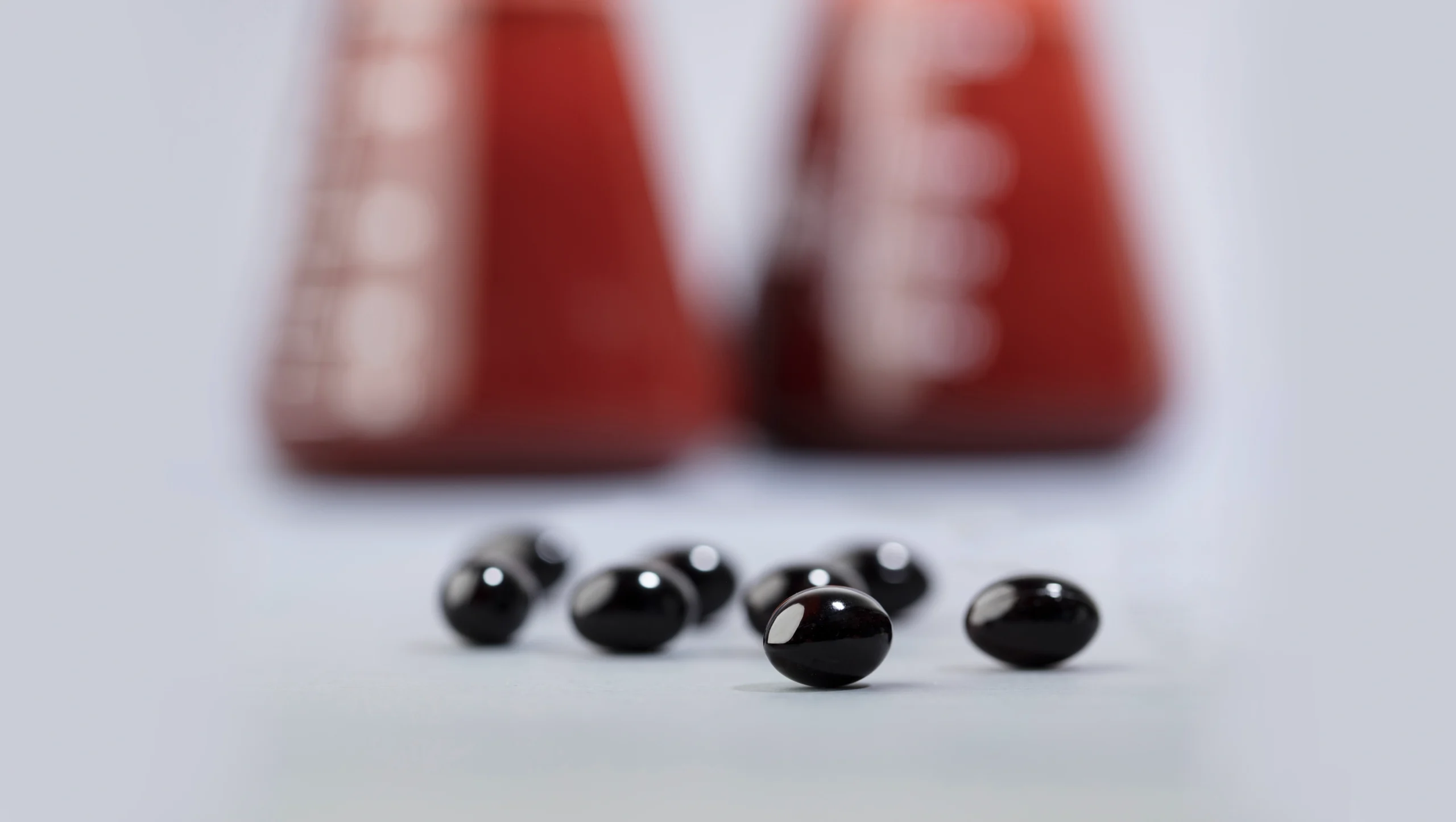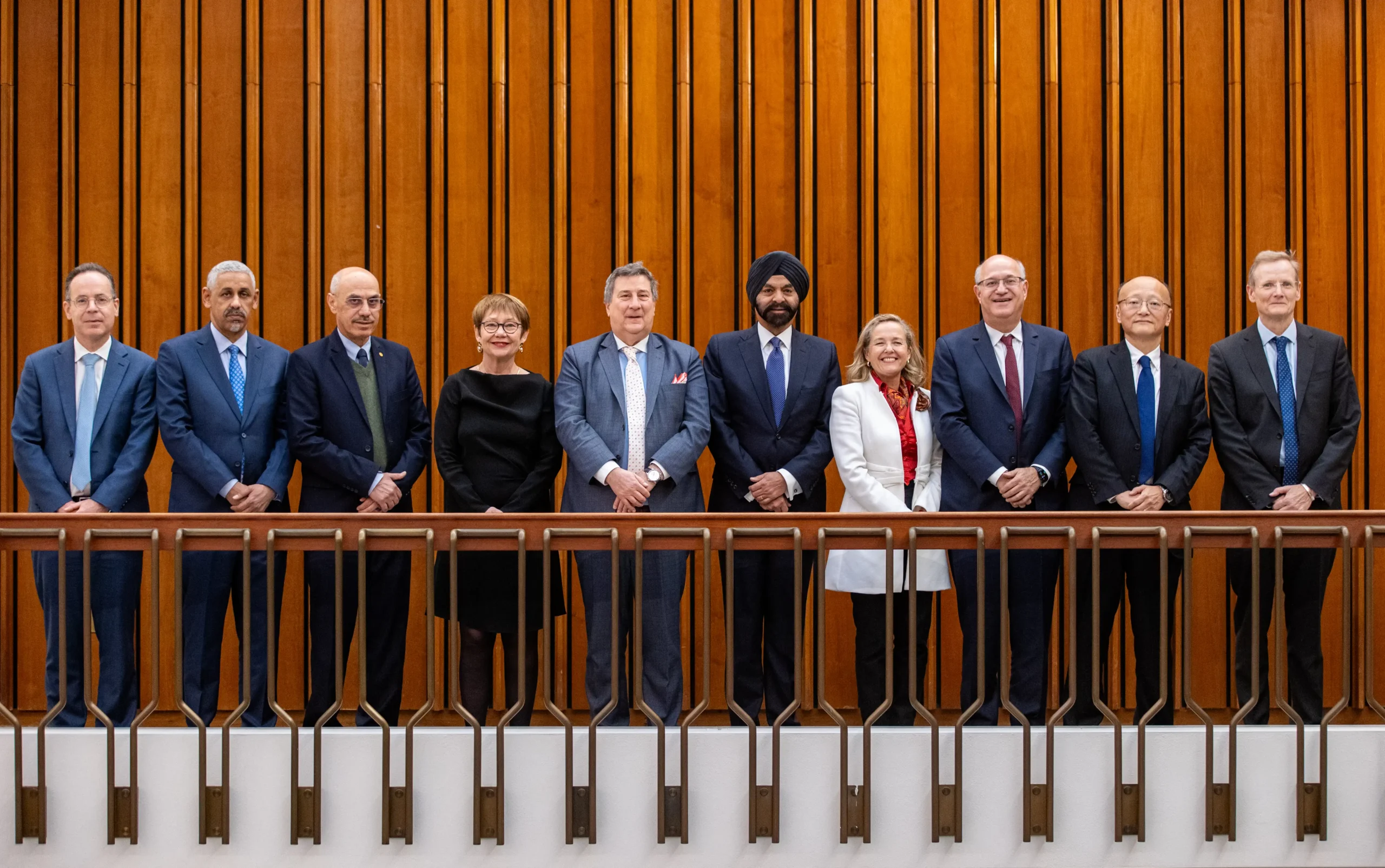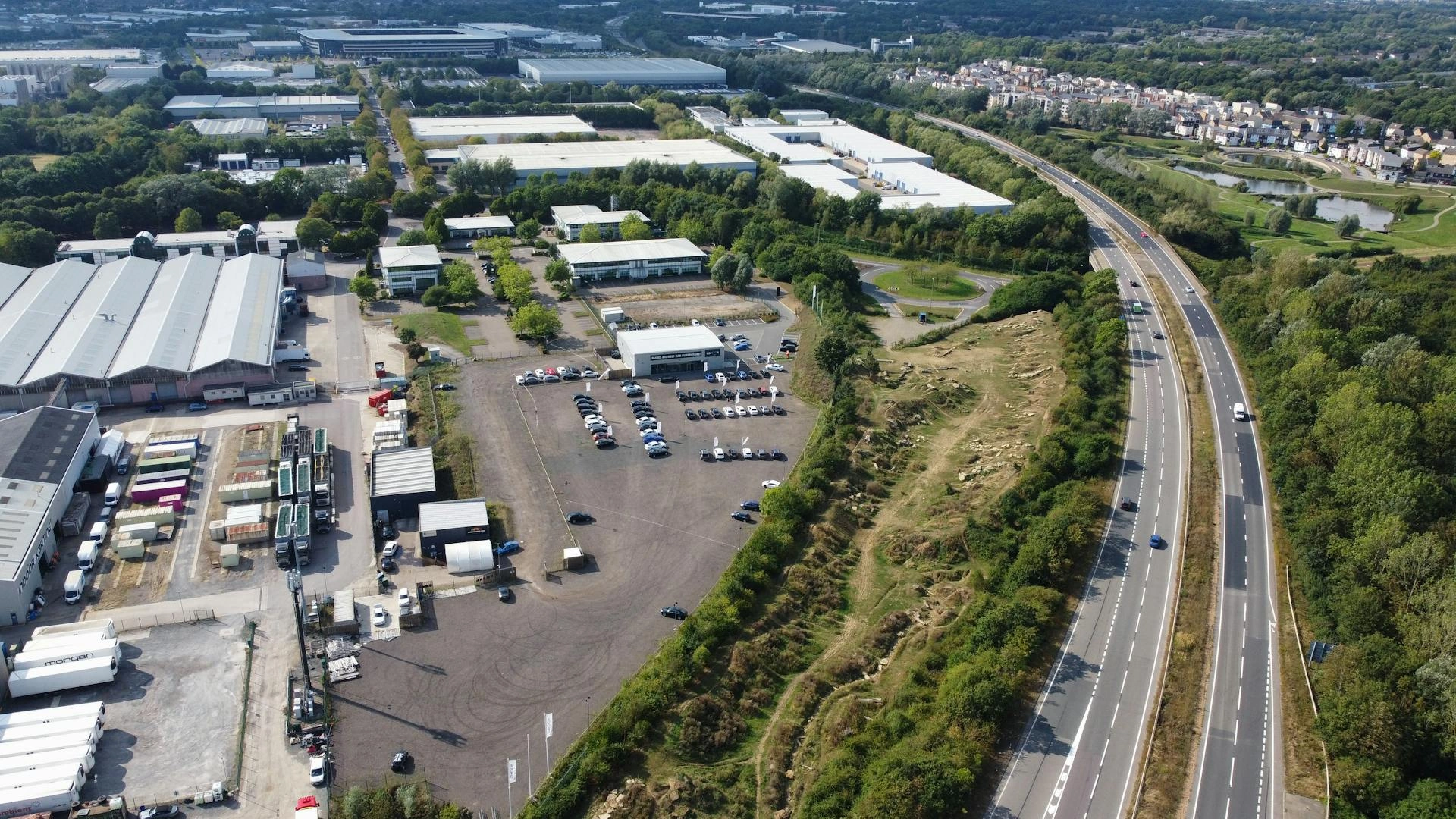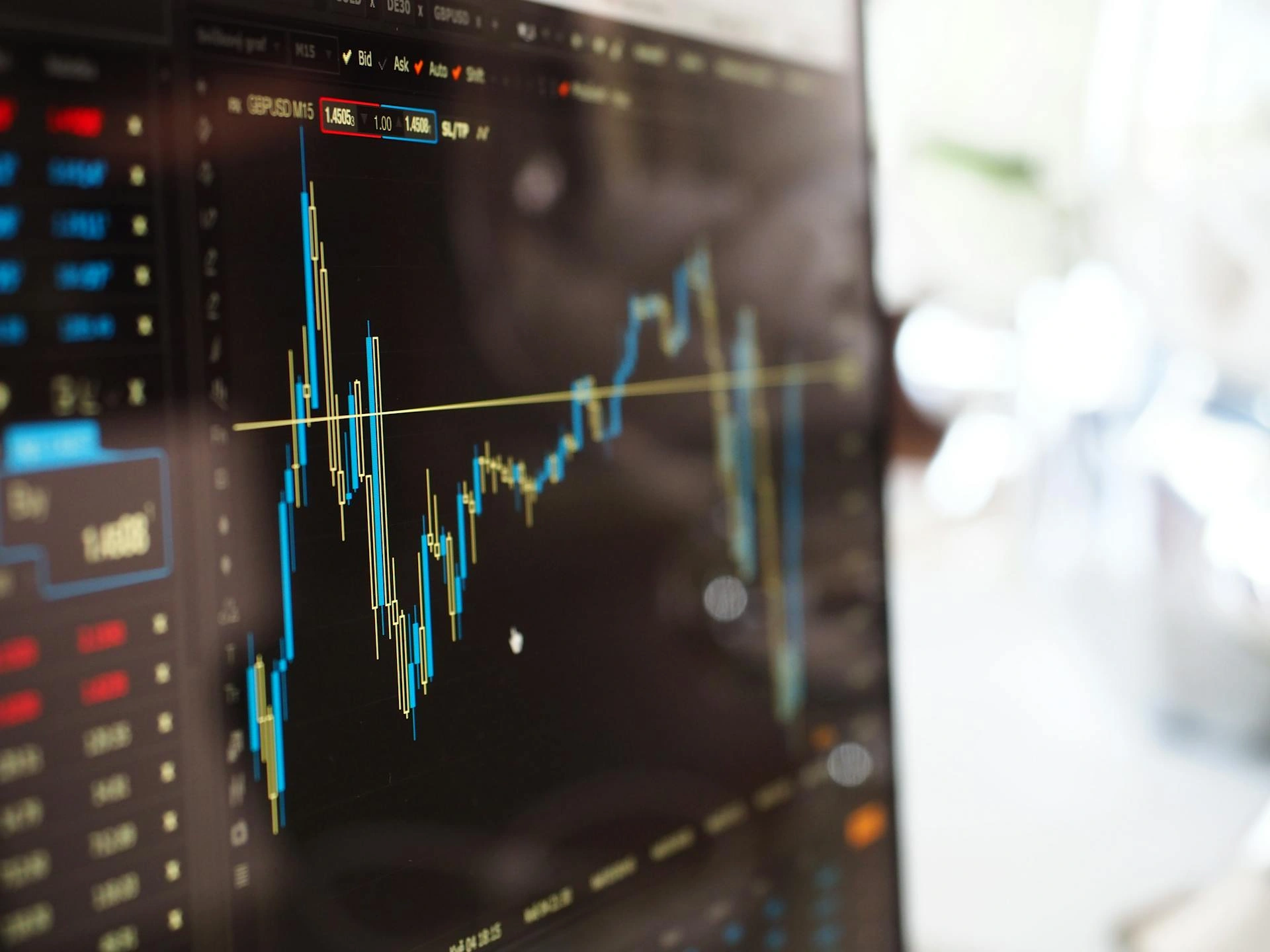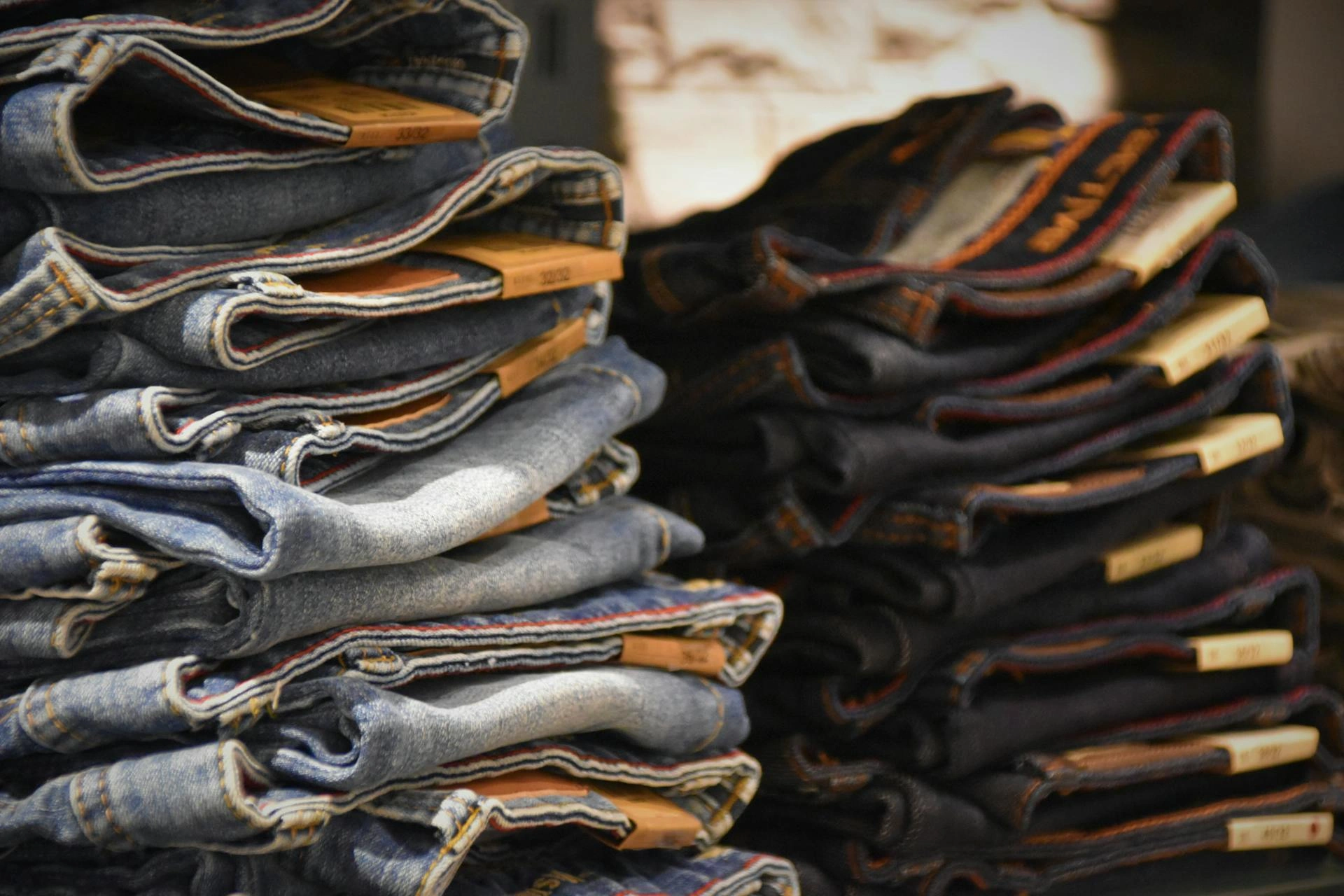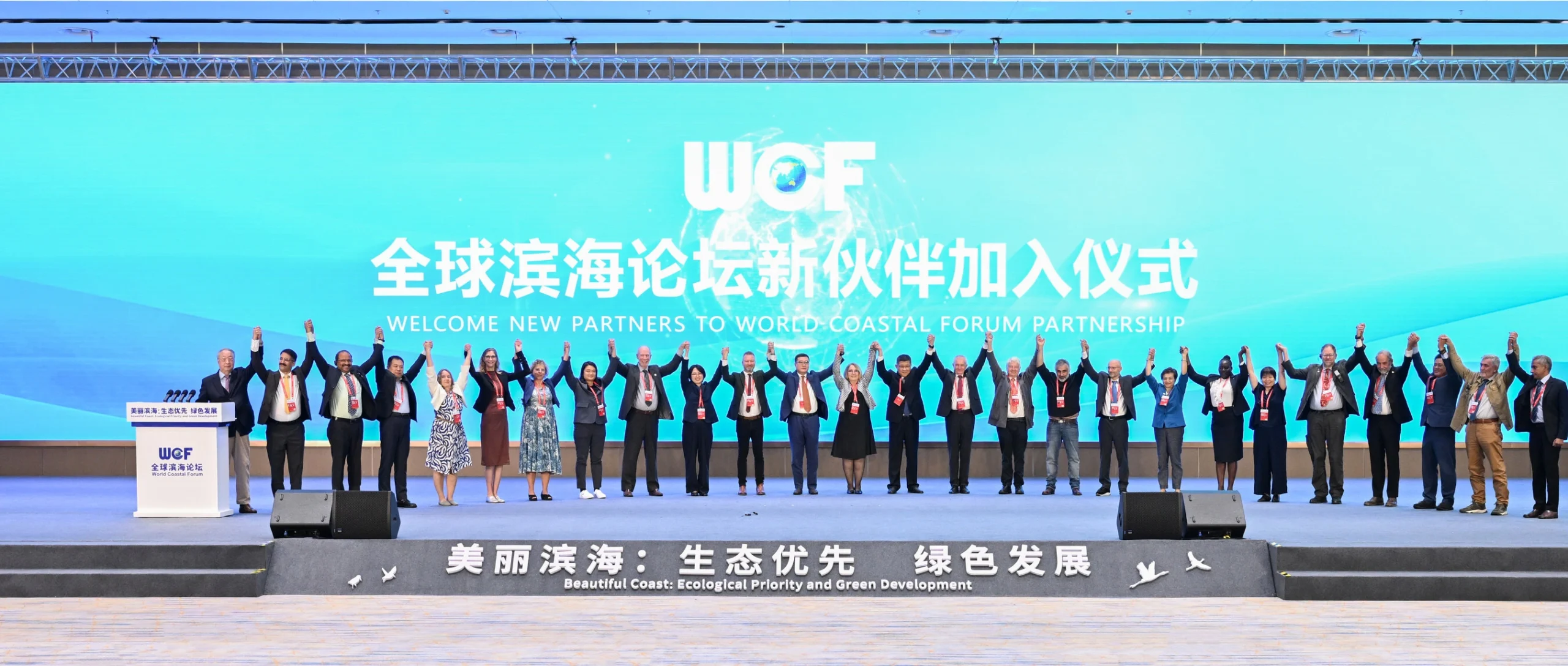Where sneakers are made from algae

John E. Kaye
- Published
- Home, Sustainability
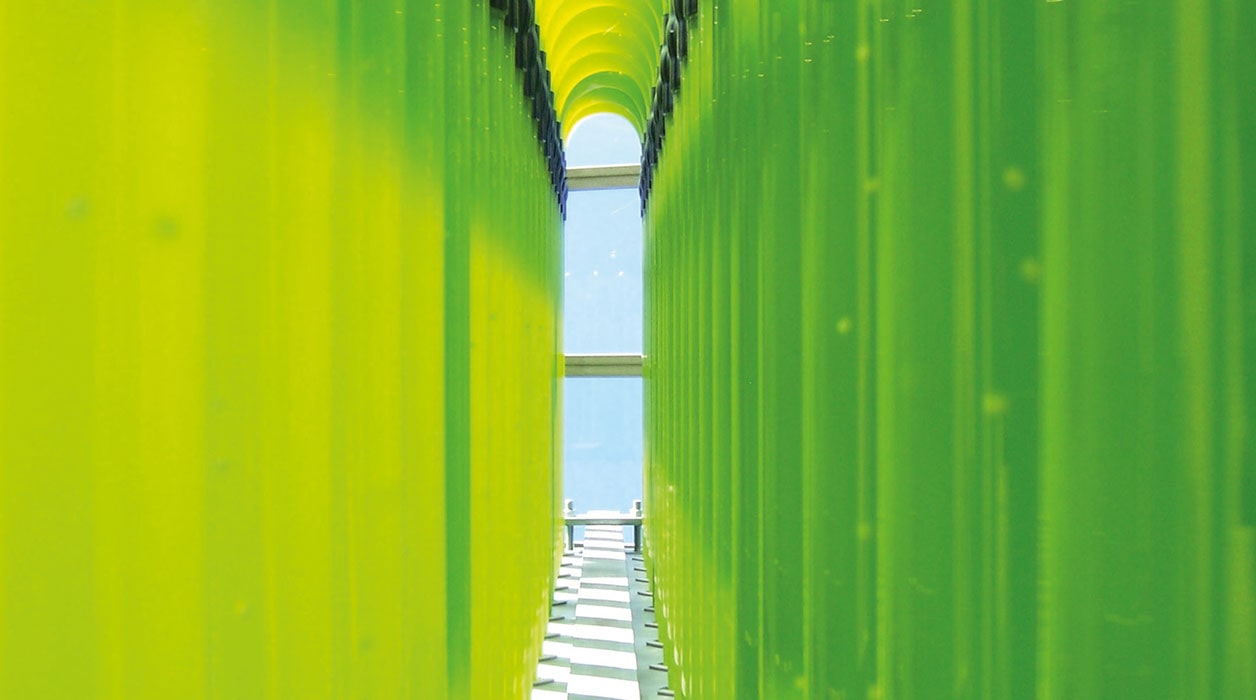
Home to a thriving bioeconomy and rapid advances in green hydrogen, Saxony-Anhalt is showing the world what true sustainability looks like
The German state of Saxony-Anhalt is well and truly becoming a beacon of sustainable commerce. And there are many reasons for this, not least the unique base from which future technologies can build. There is a chemical industry that stretches back over a 100 years, agricultural resources, well-developed plants for generating the renewable electricity that accounts for around 60% of the state’s energy mix, and a unique concentration of universities and research institutions. Last but not least, the phasing out of coal and the structural changes in central Germany make it possible to think modern, to implement innovation in the state, and to generate sustainable economic growth.
Prime conditions for innovation
One of the sectors already developed is the bioeconomy – in which Saxony-Anhalt is the top of all federal states with 16.4% of industrial turnover generated by the sector.
“Saxony-Anhalt is reinventing itself and the bioeconomy plays a major role in this, because it can build on the state’s optimal framework for innovation,” says Thomas Einsfelder, Managing Director of Investment and Marketing Corporation Saxony-Anhalt mbH (IMG) – the agency responsible for promoting business in the state.
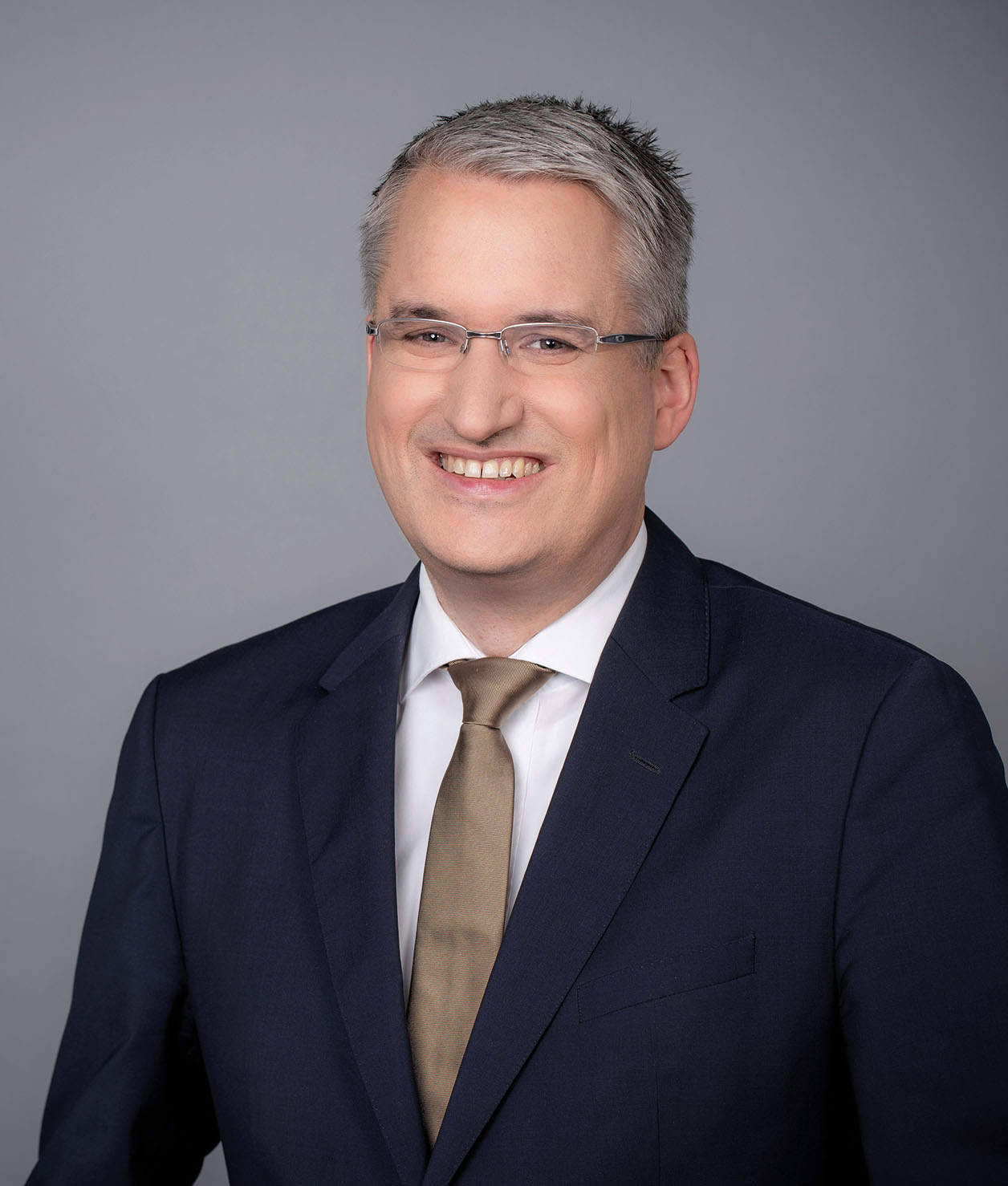
The agriculture sector contributes significantly to the state’s bioeconomy, the soil is extremely fertile, and agricultural research facilities are trying out new crop management methods. In addition, several companies are developing herbal medicines and future foods, as well as manufacturing innovative products that replace fossil resources. For example, in Leuna in the south of Saxony-Anhalt, the Bioeconomy Cluster together with the Fraunhofer Center for Chemical-Biotechnological Processes CBP has launched the BioEconomy Hub, a technology and service centre that will accompany young startups on their journey from idea to a market-ready product.
Making the value chain sustainable right from the start
IMG is especially proud that in 2020 Finnish group UPM established a base in the Leuna Chemical Park. The company is investing €550m in a biorefinery in which 220,000 tonnes of biochemicals will be produced annually from sustainably harvested wood. Their products are used for plastics, cosmetics, detergents, or rubber and replace substances produced using fossil resources. In particular, UPM was keen to capitalise on the sales opportunities that will arise from Saxony-Anhalt’s established chemical industry, and also the potential of being powered by green electricity in the region. For companies already present in Saxony-Anhalt, UPM offers an opportunity to make their products sustainable right from the start of the value chain.
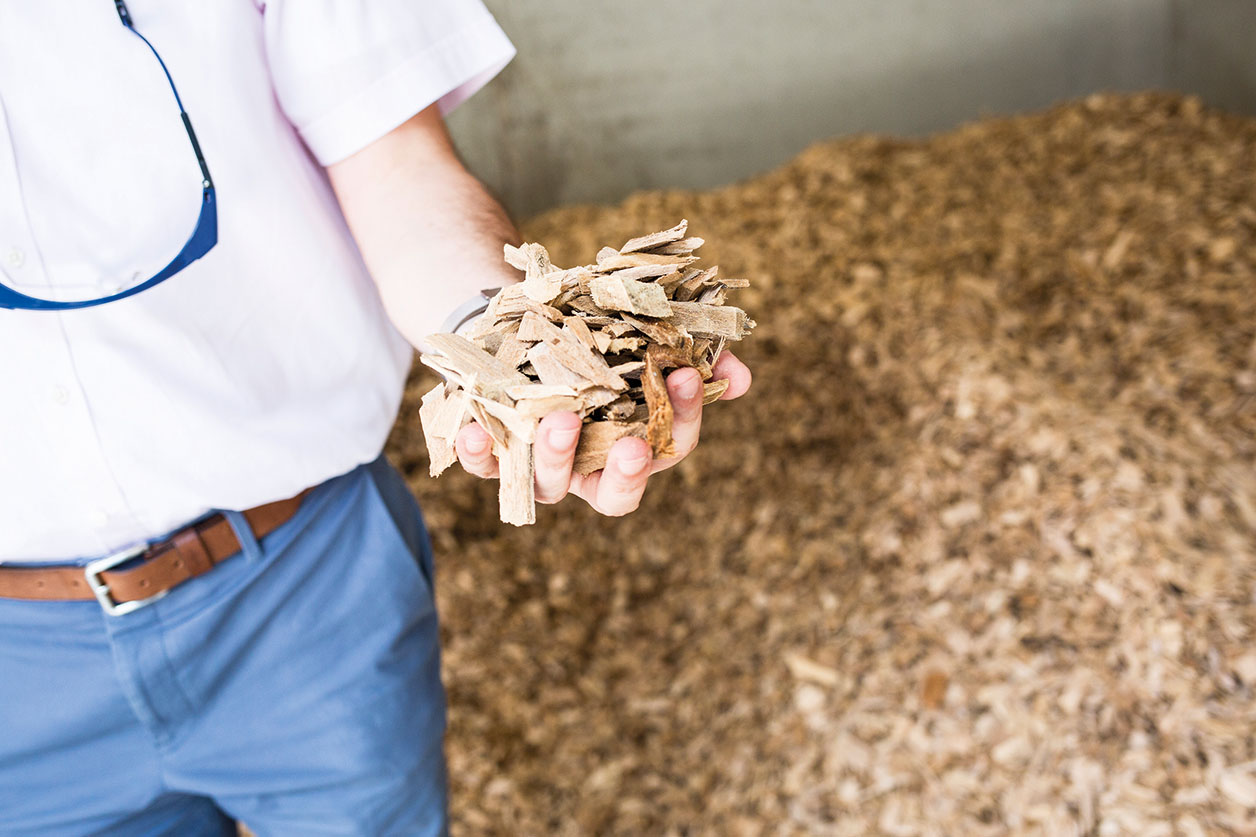
Green hydrogen as a key technology
An important element to creating the sustainable business destinations of tomorrow is the potential to produce green hydrogen. As Dr Christof Günther, Managing Director of the infrastructure company InfraLeuna GmbH, explains: “Supplying the second longest hydrogen-pipeline system in Central Europe, Leuna is the centre of hydrogen production in the region. Our customer Linde GmbH will commission the world’s largest PEM electrolyser for the production of green hydrogen this summer. In addition, the Fraunhofer-Gesellschaft operates its ‘green hydrogen lab’ on site and is going to concentrate its hydrogen competencies here in Leuna. With a new 45 MW solar energy plant, InfraLeuna will provide green electricity for further growth in green hydrogen. Our customers already have big plans.”
Green understanding
Completely different, but also green, is algae. A world-class competence centre is located in the Anhalt University of Applied Sciences in Köthen, where a group led by Prof. Dr. Carola Griehl has been involved in biotech research on various types of algae for over 20 years. “We want to obtain active ingredients for nutrition, medicine and cosmetics and also explore its versatility as renewable energy sources,” she says.
The variety of possible products is huge, and the first sneakers made of algae plastic are already on the market. Networking with partners in the region is essential to Griehl, for example with the newly created centre for natural-substance-based therapeutics at the university. There is also a cooperation with Roquette Klötze in the Altmark to cultivate vitamin-rich chlorella microalgae in industrial size photobioreactors – the eventual product is a popular and nutritious food supplement.
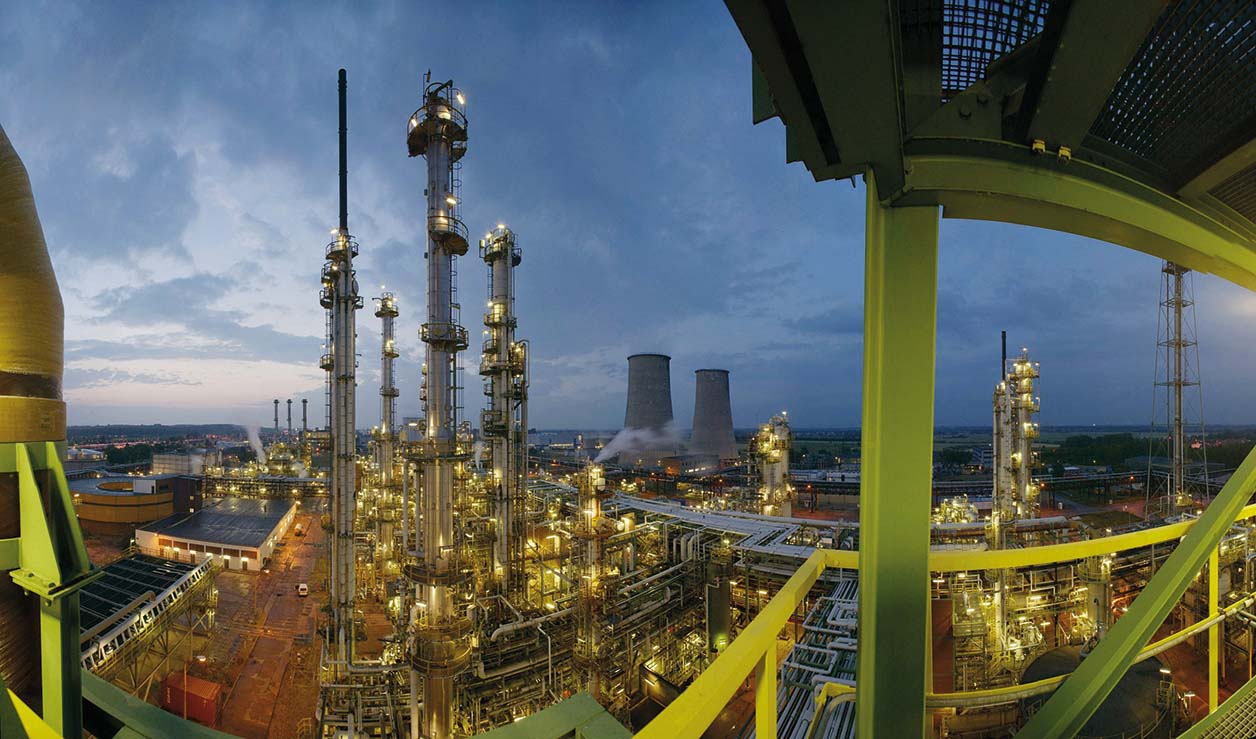
The unique selling point of algae research at the Anhalt University of Applied Sciences is on the brink of attracting the first overseas company to Saxony-Anhalt, AlgaeCytes Ltd. from the UK, which has plans to set up in Dessau where the world’s first algae biorefinery plant is to be built. As part of a worldwide search for a location, Dessau prevailed because microalgae technology is an important part of the state’s regional innovation strategy. Also, the excellent infrastructure guaranteed proximity to R&D, which was a huge attraction.
These, and many more besides, are examples of the research institutions, startups and international companies that come together in Saxony-Anhalt to pioneer a new sustainable future for Germany, Europe and the world.
For further information:
invest-in-saxony-anhalt.com
RECENT ARTICLES
-
 Strong ESG records help firms take R&D global, study finds
Strong ESG records help firms take R&D global, study finds -
 How residence and citizenship programmes strengthen national resilience
How residence and citizenship programmes strengthen national resilience -
 Global leaders enter 2026 facing a defining climate choice
Global leaders enter 2026 facing a defining climate choice -
 EU sustainability rules drive digital compliance push in Uzbekistan ahead of export change
EU sustainability rules drive digital compliance push in Uzbekistan ahead of export change -
 China’s BYD overtakes Tesla as world’s largest electric car seller
China’s BYD overtakes Tesla as world’s largest electric car seller -
 UK education group signs agreement to operate UN training centre network hub
UK education group signs agreement to operate UN training centre network hub -
 Mycelium breakthrough shows there’s mush-room to grow in greener manufacturing
Mycelium breakthrough shows there’s mush-room to grow in greener manufacturing -
 Oxford to host new annual youth climate summit on UN World Environment Day
Oxford to host new annual youth climate summit on UN World Environment Day -
 Exclusive: Global United Nations delegates meet in London as GEDU sets out new cross-network sustainability plan
Exclusive: Global United Nations delegates meet in London as GEDU sets out new cross-network sustainability plan -
 Fast fashion brands ‘greenwash’ shoppers with guilt-easing claims, study warns
Fast fashion brands ‘greenwash’ shoppers with guilt-easing claims, study warns -
 Private sector set to overtake government as main driver of corporate sustainability in 2026, report suggests
Private sector set to overtake government as main driver of corporate sustainability in 2026, report suggests -
 Sir Trevor McDonald honoured at UWI London Benefit Dinner celebrating Caribbean achievement
Sir Trevor McDonald honoured at UWI London Benefit Dinner celebrating Caribbean achievement -
 Historic motorsport confronts its energy future
Historic motorsport confronts its energy future -
 Protecting the world’s wild places: Dr Catherine Barnard on how local partnerships drive global conservation
Protecting the world’s wild places: Dr Catherine Barnard on how local partnerships drive global conservation -
 Europe’s HyDeal eyes Africa for low-cost hydrogen link to Europe
Europe’s HyDeal eyes Africa for low-cost hydrogen link to Europe -
 Fabric of change
Fabric of change -
 Courage in an uncertain world: how fashion builds resilience now
Courage in an uncertain world: how fashion builds resilience now -
 UAE breaks ground on world’s first 24-hour renewable power plant
UAE breaks ground on world’s first 24-hour renewable power plant -
 China’s Yancheng sets a global benchmark for conservation and climate action
China’s Yancheng sets a global benchmark for conservation and climate action -
 Inside Iceland’s green biotechnology revolution
Inside Iceland’s green biotechnology revolution -
 Global development banks agree new priorities on finance, water security and private capital ahead of COP30
Global development banks agree new priorities on finance, water security and private capital ahead of COP30 -
 UK organisations show rising net zero ambition despite financial pressures, new survey finds
UK organisations show rising net zero ambition despite financial pressures, new survey finds -
 Gulf ESG efforts fail to link profit with sustainability, study shows
Gulf ESG efforts fail to link profit with sustainability, study shows -
 Redress and UN network call for fashion industry to meet sustainability goals
Redress and UN network call for fashion industry to meet sustainability goals -
 World Coastal Forum leaders warn of accelerating global ecosystem collapse
World Coastal Forum leaders warn of accelerating global ecosystem collapse



